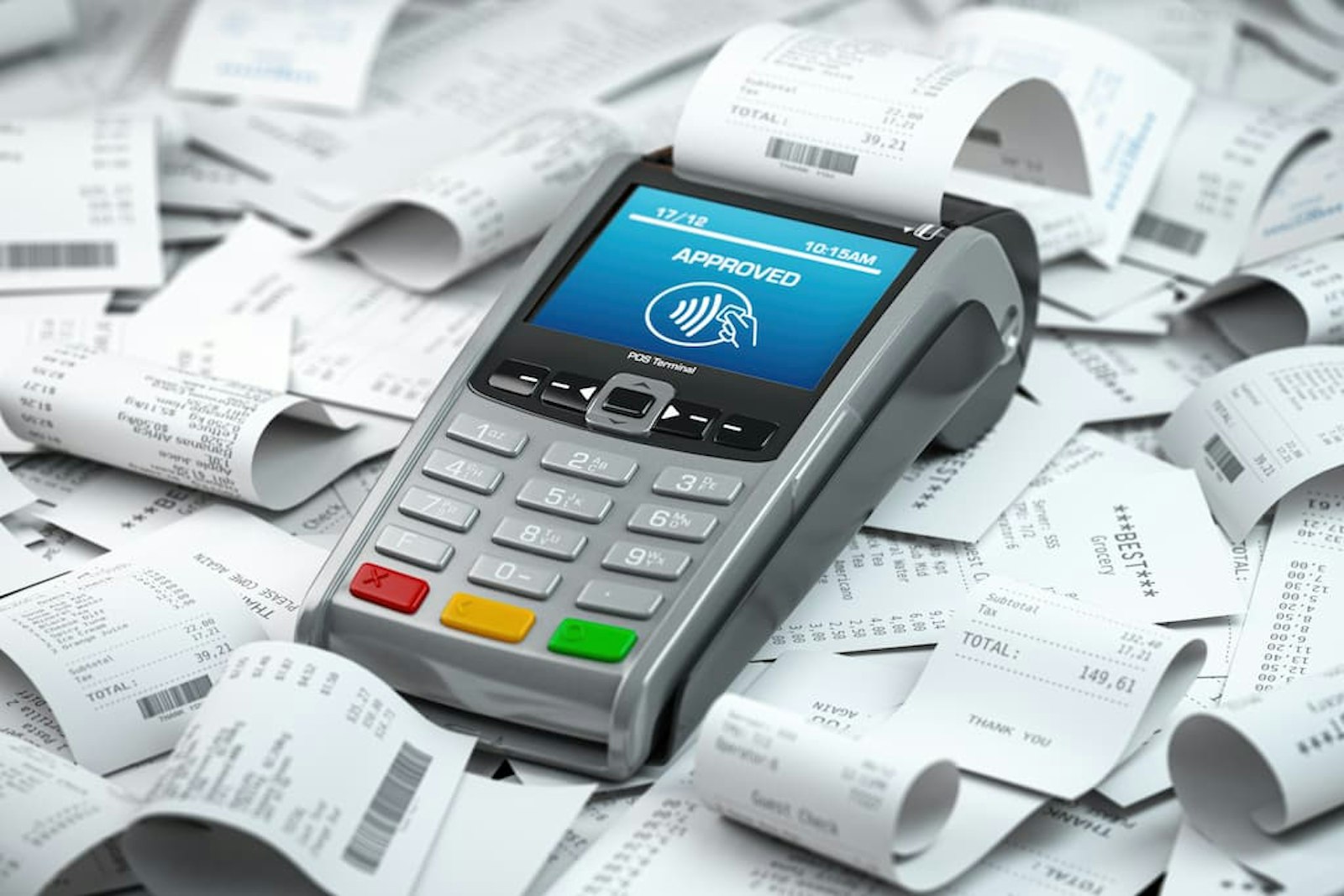

If you're self-employed, allowable expenses can reduce your Self-Assessment tax bill. As a sole trader, it's crucial to understand your basic allowable expenses. You can claim tax back on some of the business costs. These appear as costs in your business accounts deducted from the profit to which you're taxed.
You can also use HMRC expenses. These flat rates allow you to quickly calculate tax relief on items such as vehicles, working from home and laundry. It can make working your expenses significantly easier.
You can claim expenses for business equipment such as mobile phones, laptops, PCs, printers, and computer software that your business uses in its day-to-day trade.
If you use your phone, mobile and internet for personal and business use, you'll need to demonstrate a realistic way of dividing the costs and can only claim tax back on the part for business use. This is usually done by way of a business use percentage estimate.
If you get advice from an accountant, lawyer or other professional as part of your business, you can claim tax back on their fees.
If you have a business bank account, you can claim tax relief on bank, overdraft and credit card charges or interest on business loans.
You can also claim tax back on hire purchase, lease, or other financial payments for equipment you use in your business.
Professional indemnity or other business insurance can also be claimed as tax relief.
Private Pension Contributions are not a business expense, so they don't affect your self-employed profits.
Any contributions you make are deducted along with your personal allowance, making you eligible for tax relief on your self-assessment tax return.
You can claim tax relief on employee and staff salaries, bonuses, pensions, benefits, staff and employee costs, agency fees, subcontractors, and employers' national insurance contributions.
There's a host of allowable expenses you can claim if you must travel for business, including train, bus, taxi, airfares, and accommodation costs.
But these only apply if the primary reason for your journey or stay was for business.
If you take a trip that combines business and pleasure, you can only claim tax relief on costs that you can show are separate from the private part of your journey.
If you can't split up the costs, you can't claim tax relief on any part.
You can only claim money back on food and drink if it's a business expense, meaning it must be outside your usual working routine, such as a business trip.
If you use a vehicle as part of your business, you can claim tax relief for expenses such as petrol, insurance, and repairs.
As a self-employed person, you can add up all your motor expenses for the year and work out the separate business element of the total cost.
Instead, you can claim mileage allowance, currently 45p/mile for the first 10,000 miles and 25p/miles thereafter.
Generally, you can't claim for clothing if you'd wear it as part of an everyday wardrobe. So, even if you've bought a suit for work, you can't claim for its cost.
But, if you must buy a uniform that identifies what you do or needs special protective clothing to do your job, you can claim for that.
You can't claim for non-uniform items such as shoes and socks.
If you're an entertainer, and the clothes you're buying are a costume for a stage, TV or film performance, then you can claim tax relief on those.
If you wear a uniform or special protective clothing, you can claim expenses if you wash, repair, or replace it. You can also use the HMRC standard allowance of £125 per year.
You can claim tax back on items you resell, e.g., stock, raw materials you use to make goods for sale, direct costs from producing goods, etc.
You can claim tax back on the costs of advertising and marketing your business, including costs for hosting and maintaining your company website.
But beware, you may think that treating a customer or supplier to lunch is 'marketing', but HMRC considers it as 'entertaining', which you can't claim tax back for.
If you're a member of a professional trade body or organisation as part of your business, you can claim tax relief on your membership fees. Subscriptions to trade or professional journals are also allowable expenses, so claim for those too.
As well as the usual paper, envelopes and pens, you can also claim back tax on postage and printing, including the costs of printer ink and cartridges you use as part of your business.
With more businesses now trading online, this allowance also applies to electronic communications – so you can claim tax back on your business phone, mobile and internet bills.
As a sole trader, you may run your businesses from home. In this case, you can only claim tax back on the proportion of those expenses that relate to the space you use for your business, including heating, electricity, council tax and mortgage interest.
You may divide your bills according to the number of rooms you use for your business or the time you spend working from home.
Get started with a free consultation to find out how we can help.